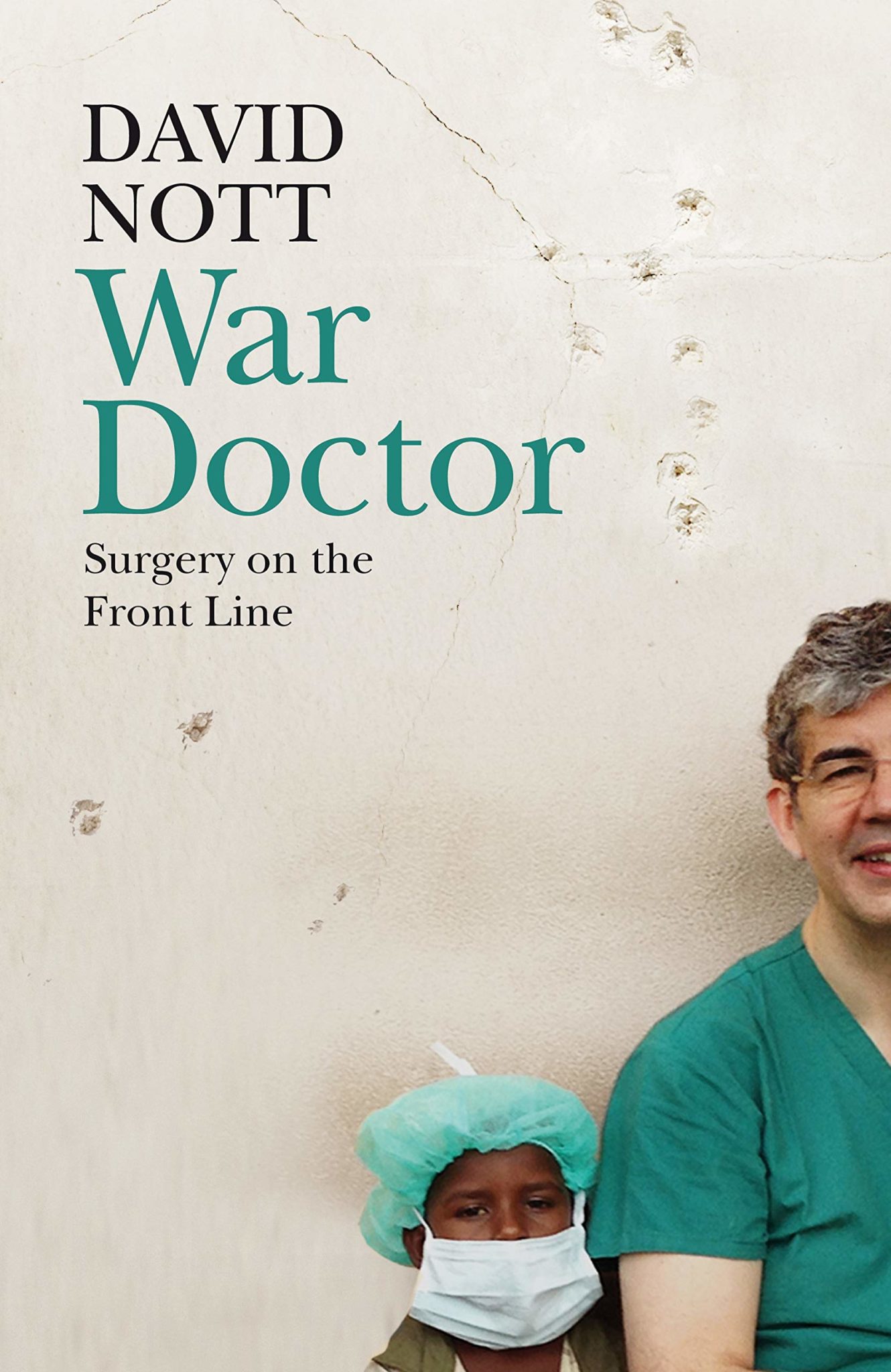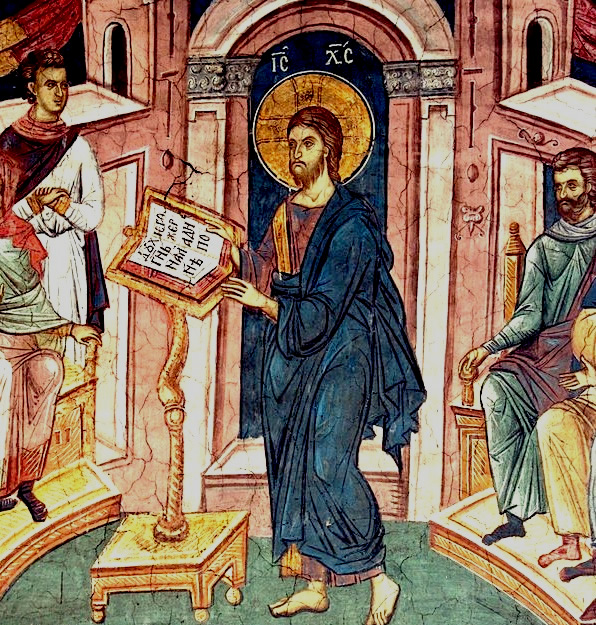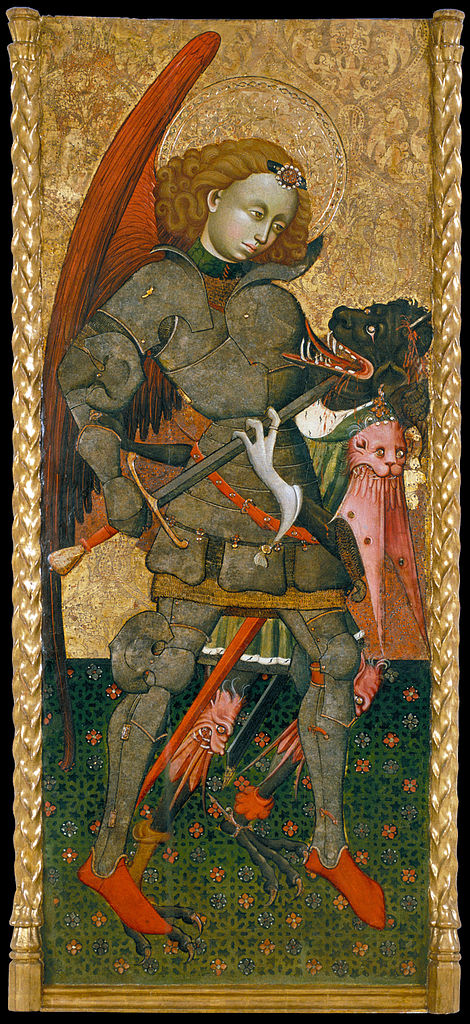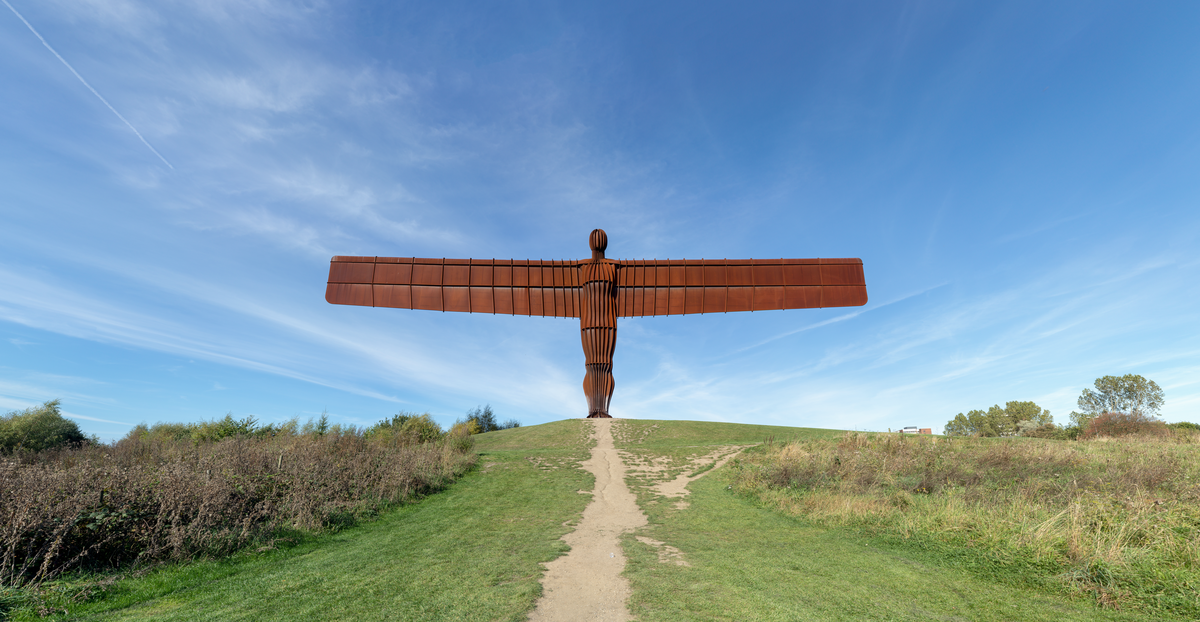A sermon preached at St Mary's Hendon on Remembrance Sunday.
The readings were: Job 19: 23-27a, 2 Thessalonians 2:1-5, 13-17 and Luke 20:27-38
We opened the doors of the little chapel… [the priest] beckoned me to kneel with him in the front of the altar… I did not understand the precise meaning of what he was saying, but I could hear the compassion in his voice… He placed a wafer on my tongue and offered me the cup. He then placed this had on my head and prayed… it did not feel like a man’s hand but something much more powerful and profound, radiating energy… filling me with love.
These words are written by trauma surgeon David Nott in his memoir War Doctor detailing his voluntary work on front lines from Sarajevo to Syria.
It encapsulates everything about the brutality of war: all that we remember today. It encapsulates the tragedy of lives lost; and moment of grace where lives are restored or re-membered.
Today and tomorrow, there will be moments when we fall silent and remember.
Our silence speaks of our longing for peace and its cost.
We remember those who have seen active service in the theatre of war: those whose experience of conflict has cost them their lives; those who return suffering mental or physical trauma; those who mourn their friends.
We remember men and women in danger this day as a result of war and terror: the service personnel from commanding officers to the medics, the ground crew to special forces; the chaplains serving alongside them; the civilians, volunteers, humanitarians and peacekeepers.
We remember them with respect and with gratitude: our remembering calls forth from us a spirit of commitment. A commitment to the cause of peace and justice in the face on the anger and hatred of humanity.
From his place of brokenness our silence holds out this defiant hope.
Such hope isn’t mere optimism; it’s the refusal to allow death the final word.
It is a hope reflected in today’s readings.
Such hope is expressed with conviction by Job. Even in bitter pain, protest and lament, Job remembers God. The one who is with him; who transforms his flesh; who his eyes shall behold.
I know that my Redeemer lives.
Job places his trust in God - believing that ultimately God has the final word; that human beings are called into life.
In a debate about the possibility of life beyond death, Jesus rejects the literalism inherent within this hypothetical scenario; and moves us beyond earthly limitations to reveal promise of new a creation that does not whither or decay.
God is the one who says “I am”; the Lord of Abraham, Isaac and Jacob: the one who God of the living, not the dead; for to him all are made alive.
This is a God who re-members.
Remembering all that has been and allowing nothing to separate us from love.
It is a remembering that brings together the broken and separated members of the human race.
God draws near to us in flesh of our flesh in Jesus: like us, his body aches and moves and touches and bleeds.
God draws near to us in broken bread: inviting us to touch and taste and see and remember.
And in this act we are remembered too: our divisions are brought together; our differences are diminished.
Because of what Jesus did in our past, we remember in the present and choose a new future.
We are gathered together in Christ, our living redeemer.
A wafer on our tongues; a cup offered; a hand laid on our head.
In these small things the powerful, profound and radiating energy of God’s love fills us.
As we remember in silence, we can choose to listen; to understand; to love.
In our silent remembering, may the Spirit be at work in us calling us to seek what is just and true.
As we remember, we stand firm, making Paul’s prayer for the Thessalonians our own: Now may our Lord Jesus Christ himself and God our Father, who loved us and through grace gave us eternal comfort and good hope, comfort your hearts and strengthen them in every good work and word.
© Julie Gittoes 2019




.jpg/1200px-Temptations_of_Christ_(San_Marco).jpg)



.jpg)


